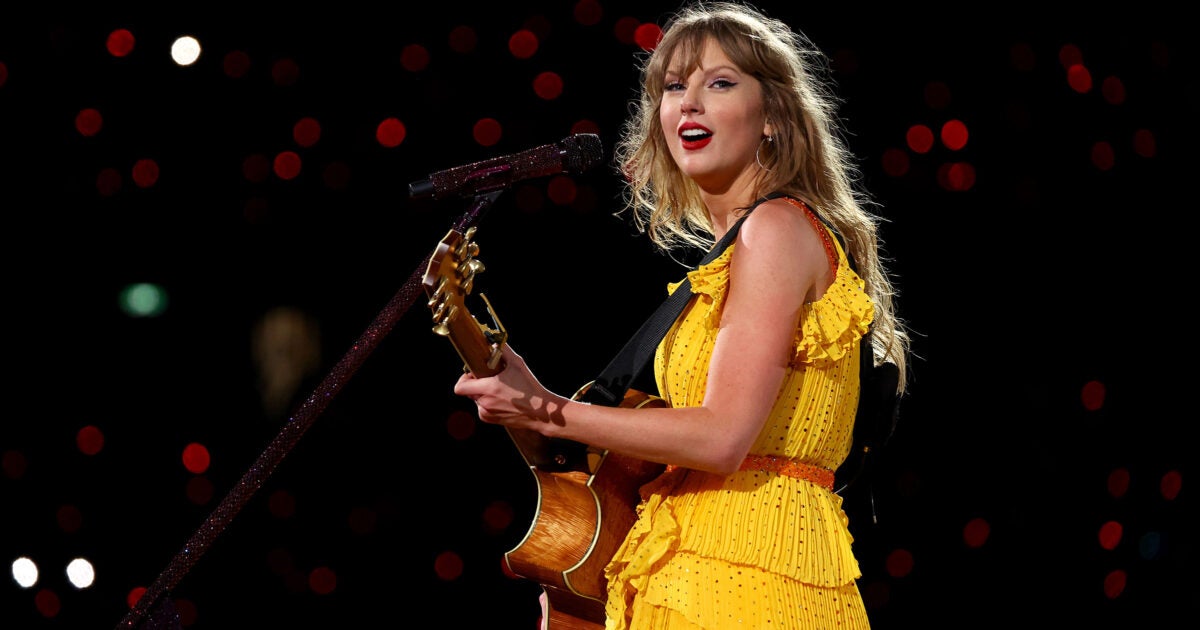When Taylor Swift embarked on the re-recording and release of her old albums as "Taylor's Version," the move not only thrilled her fan base but also raised important questions about the role of intellectual property in contract law, potentially shifting the balance in favor of artists.
Gary R. Greenstein, a technology transactions partner at Wilson Sonsini, emphasized the current dynamism in copyright law, particularly in relation to music copyrights. He highlighted the complexity of music copyrights, which involve separate rights for the musical work and the recorded performance, often with multiple copyright holders and recordings, leading to challenging licensing scenarios.
The Swift saga unfolded against the backdrop of her transition from Big Machine record label to Universal Music Group, which ultimately granted her ownership of her new masters. Swift's decision to re-record her albums proved to be a shrewd strategic move, as the "Taylor's Version" releases garnered significant commercial and critical success. This move also impacted the value of the original albums, diminishing their demand and affecting licensing deals in Swift's favor.
Greenstein underscored the significance of Swift's ability to re-record her albums after her departure from Big Machine, effectively challenging the traditional restrictions imposed by record deals. He noted that record companies are now seeking to extend the prohibition of re-recordings to 20 or 30 years, reflecting a shift in contract negotiations and highlighting the evolving dynamics in the music industry.
Furthermore, Greenstein raised the question of why artists would still opt to sign record contracts in an era dominated by digital platforms like TikTok and Spotify. He emphasized the importance of legal representation for artists in negotiating contracts, particularly in light of the shifting power dynamics exemplified by artists like Taylor Swift.
In conclusion, the Taylor Swift re-recording saga serves as a pivotal example of the evolving landscape of intellectual property and contract law within the music industry. It represents a significant shift in power dynamics between artists and record labels, prompting a reevaluation of traditional practices and negotiations in the industry.

This news is summarized and processed by the IP Topics artificial intelligence algorithm.
Read the full article on the original webpage: https://hls.harvard.edu/today/how-taylor-swift-changed-the-copyright-game-by-remaking-her-own-music/